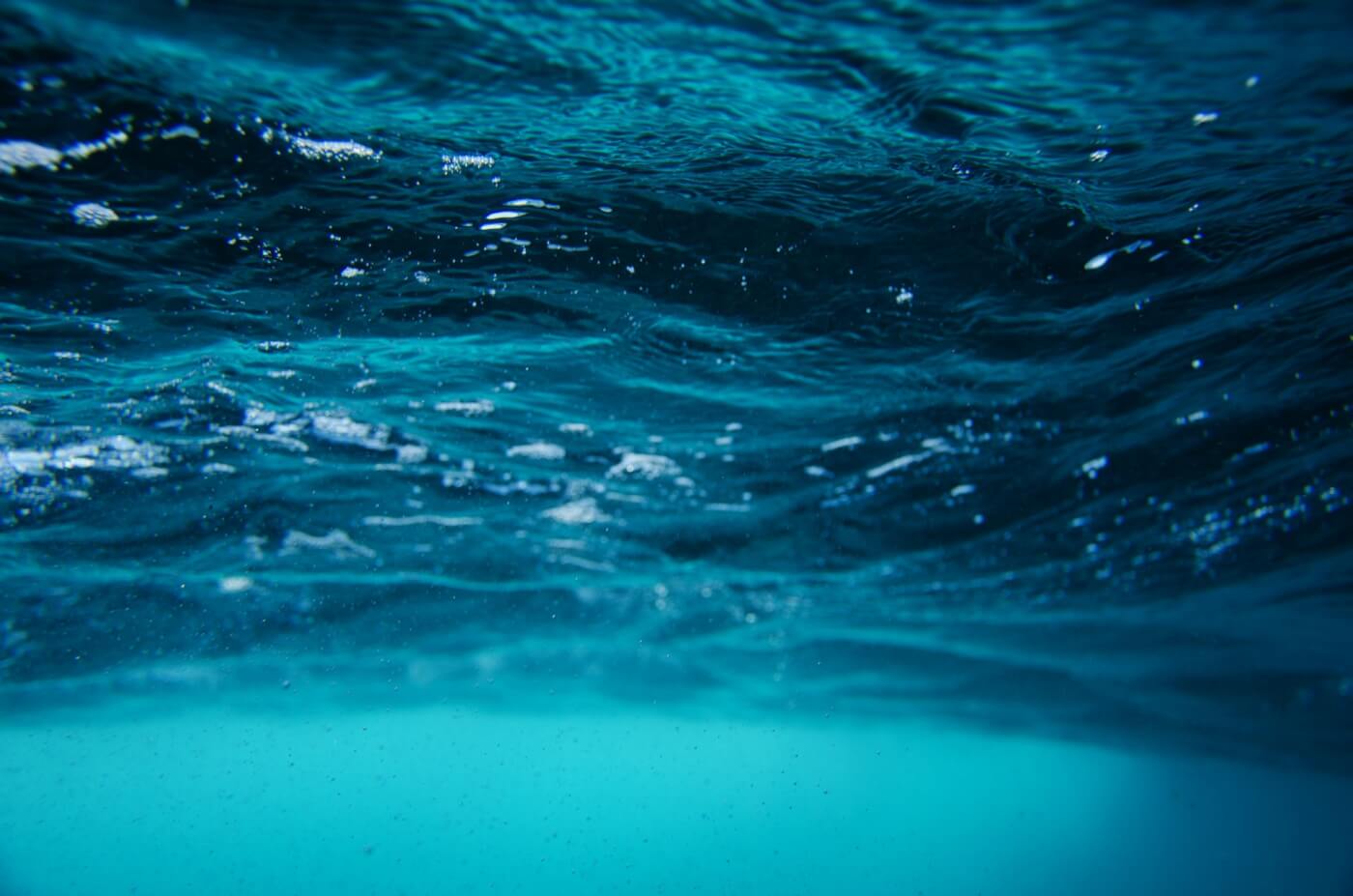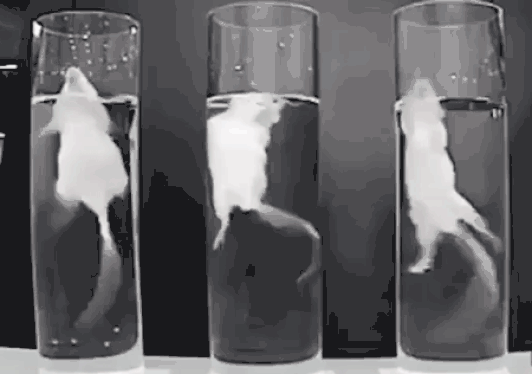Tell Mexican Universities to Lead Latin America by Banning the Forced Swim Test
Two Mexican universities have ignored PETA’s requests for talks on banning the cruel forced swim test. Tell them it’s time to end this junk science!

Two Mexican universities have so far refused to ban a widely debunked near-drowning experiment on small animals known as the “forced swim test”—and we need your help to pressure them to set an example in Mexico and across Latin America by dropping this bad science.
In recent talks with PETA scientists, officials from the Instituto Politécnico Nacional in Mexico City and Benemérita Universidad Autónoma de Puebla in Puebla gave vague assurances that laboratories at the schools would consider our request to ban this cruel and useless test. That was months ago, and since then school officials have ceased communicating with us.
With your help, we hope to revive their interest.

The Cruelty of the Forced Swim Test
The forced swim test, which has been carried out since the 1950s, is as cruel as it is worthless. Experimenters often dose mice, rats, guinea pigs, hamsters, or gerbils with a test substance and drop them into inescapable containers filled with water. The panicked animals try to escape by attempting to climb up the sides of the beakers or even diving underwater in search of an exit. They paddle furiously, desperately trying to keep their heads above water. Eventually, they start to float.
This absurd experiment is supposed to tell us something about the effectiveness of experimental antidepressant drugs in humans, based on how long the animals swim before floating.
But the test has been heavily criticized by scientists who argue that floating is not a sign of despair but rather a positive sign of learning, conserving energy, and adapting to a new environment.
The Forced Swim Test Is Bad Science
Forcing animals to swim for their lives inside containers is a poor model for human mental health. These experiments do nothing more than terrify animals.
The test is so worthless that it is actually less predictive than a coin toss. This is what PETA scientist Dr. Emily Trunnell found after analyzing its use by major pharmaceutical companies. Her study was published in Drug Discovery Today.


How You Can Help Animals
Following discussions with PETA entities, 15 major companies, including Bayer and Johnson & Johnson, and several universities (some of which previously performed the test for depression studies) have declared that they don’t intend to use the forced swim test in the future.
Please take a few minutes to take action below by sending a polite letter urging Instituto Politécnico Nacional and Benemérita Universidad Autónoma de Puebla to permanently ban the forced swim test today!